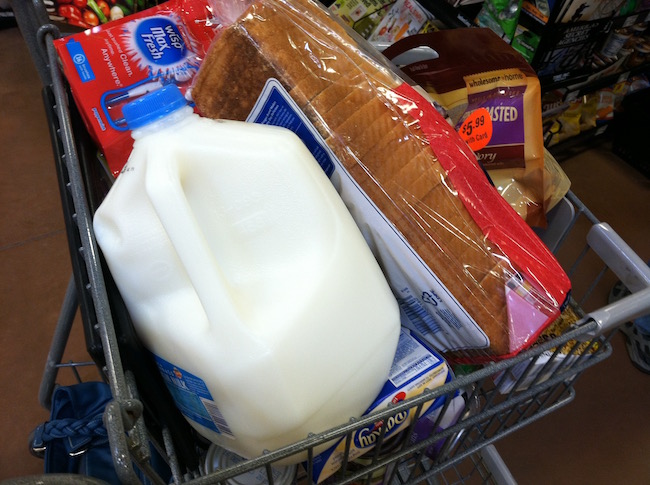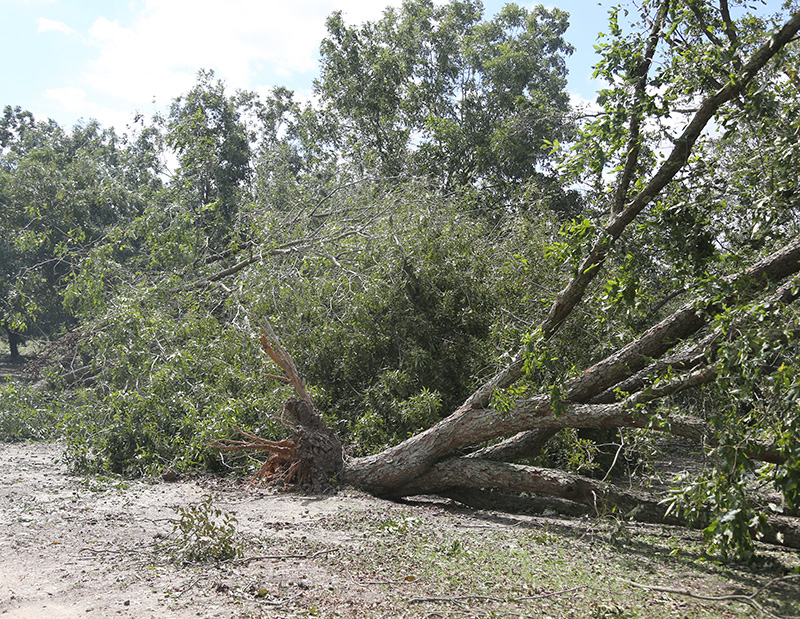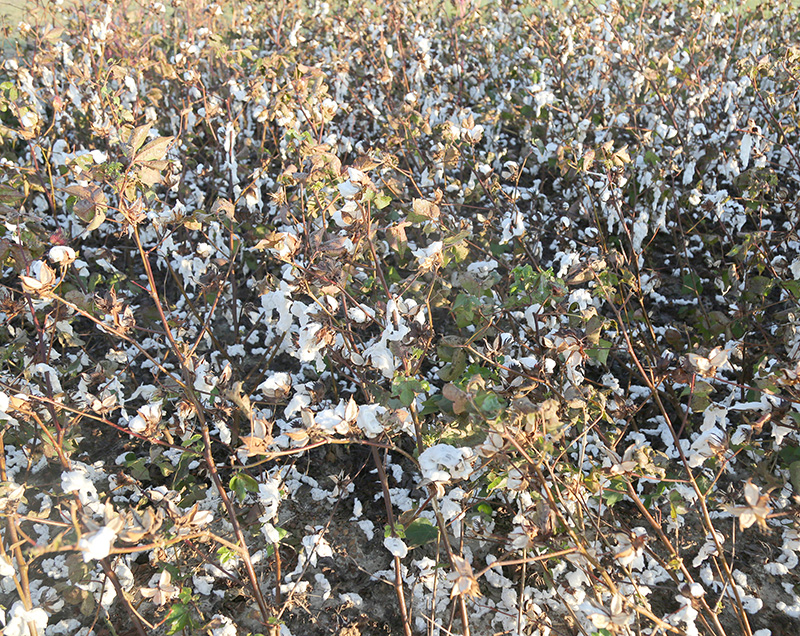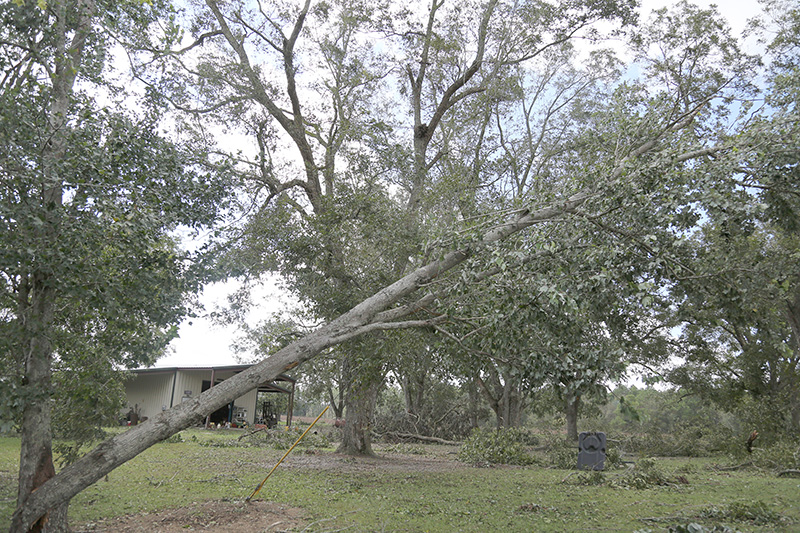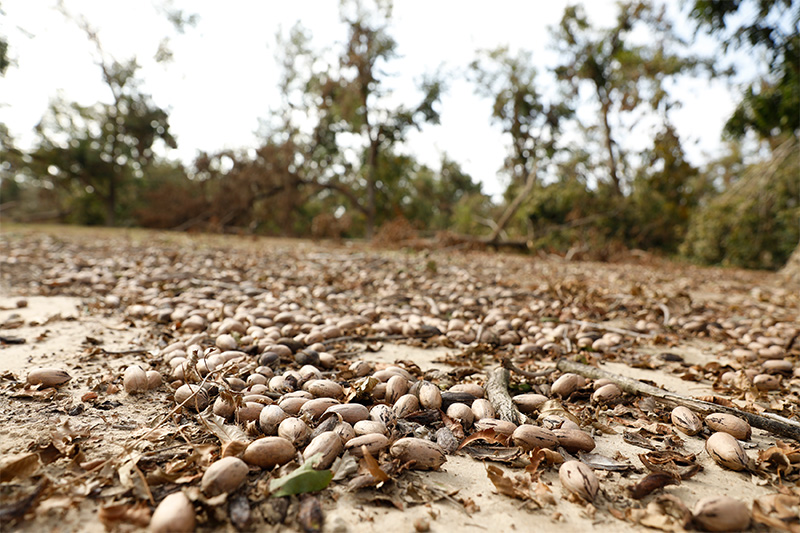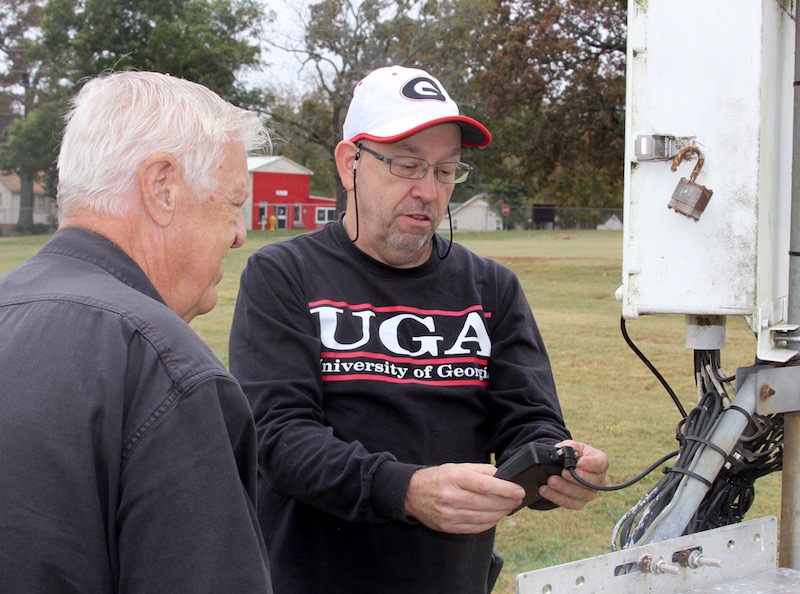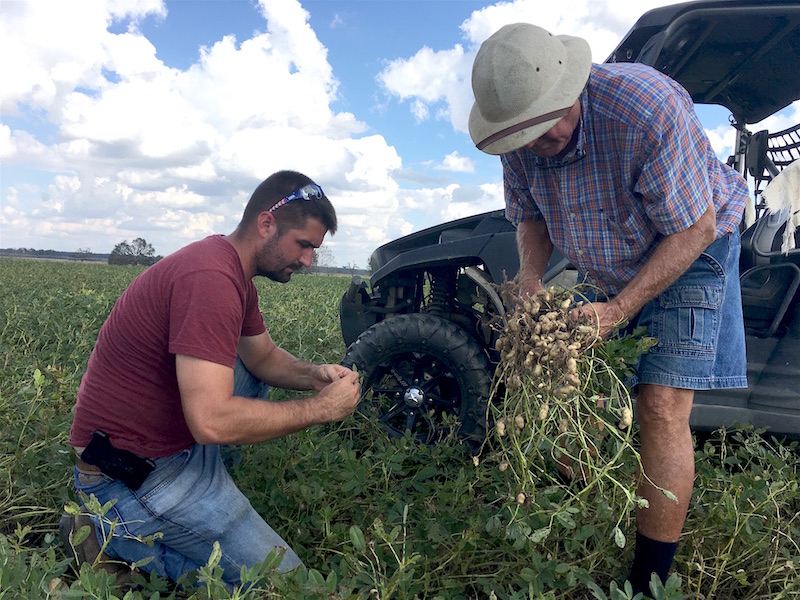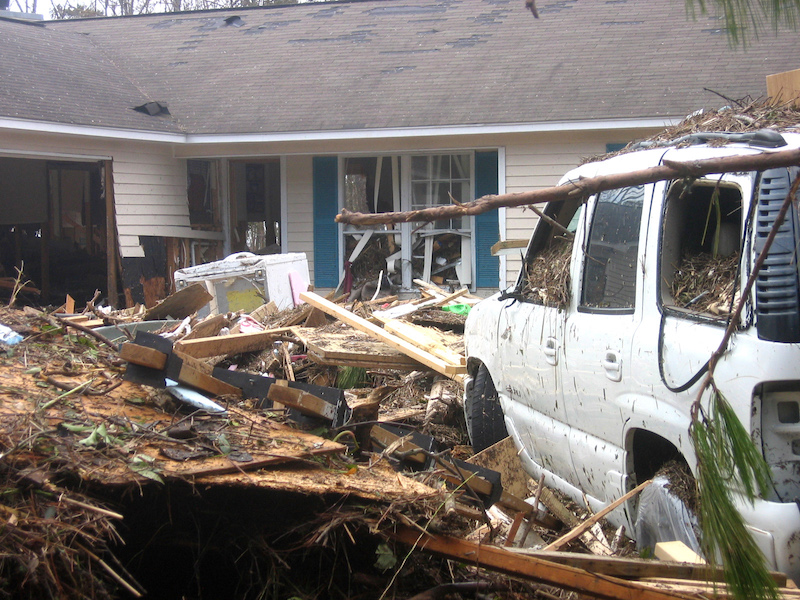 CAES News
CAES News
Hurricane Dorian
Hurricane Dorian may bring power outages, downed trees, heavy rain and possibly brief tornadoes to Georgia this weekend and well into next week. With the one-year anniversary of Hurricane Michael just over a month away, UGA's Pam Knox urges southwest Georgians to not let their guard down.

